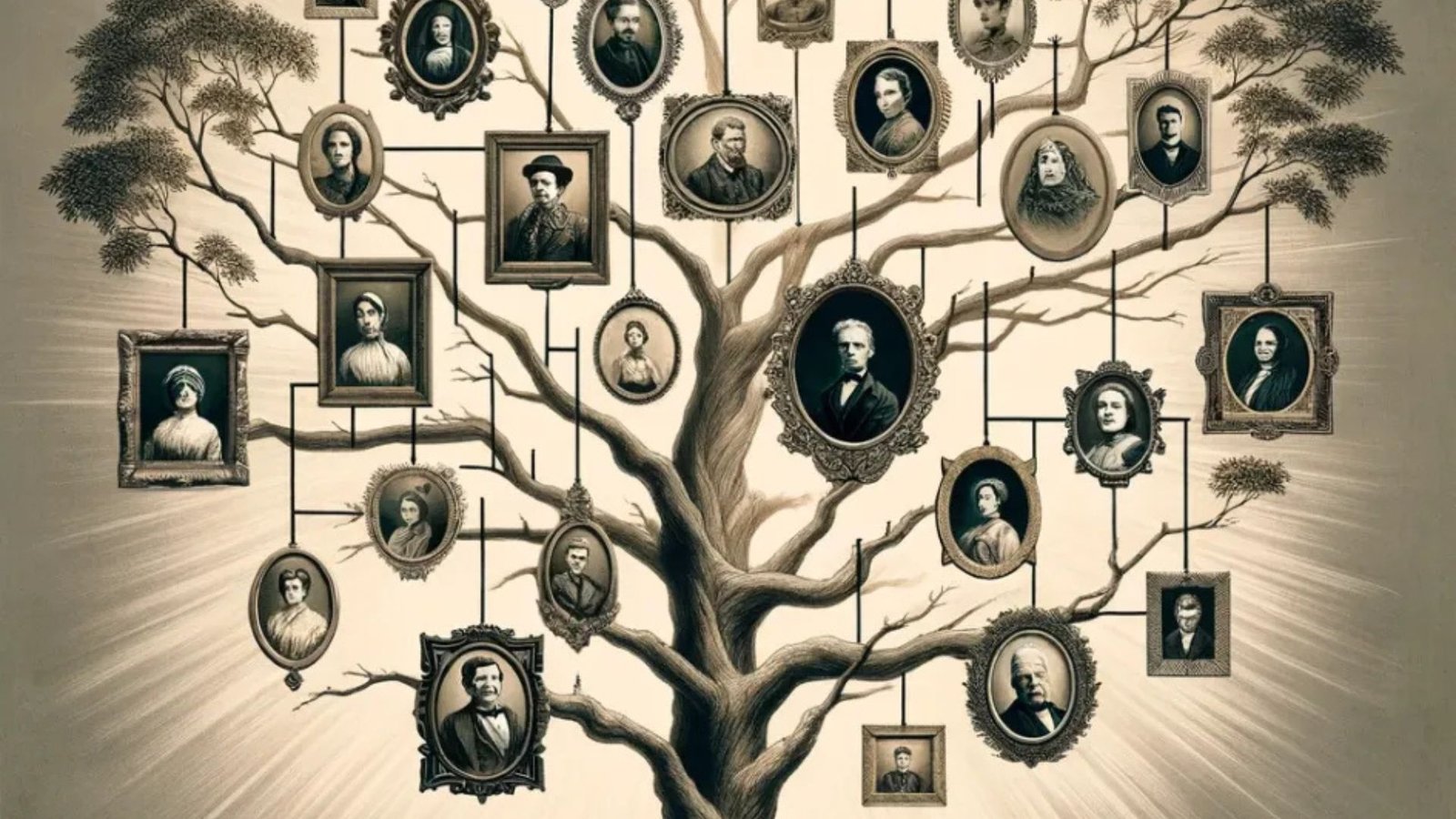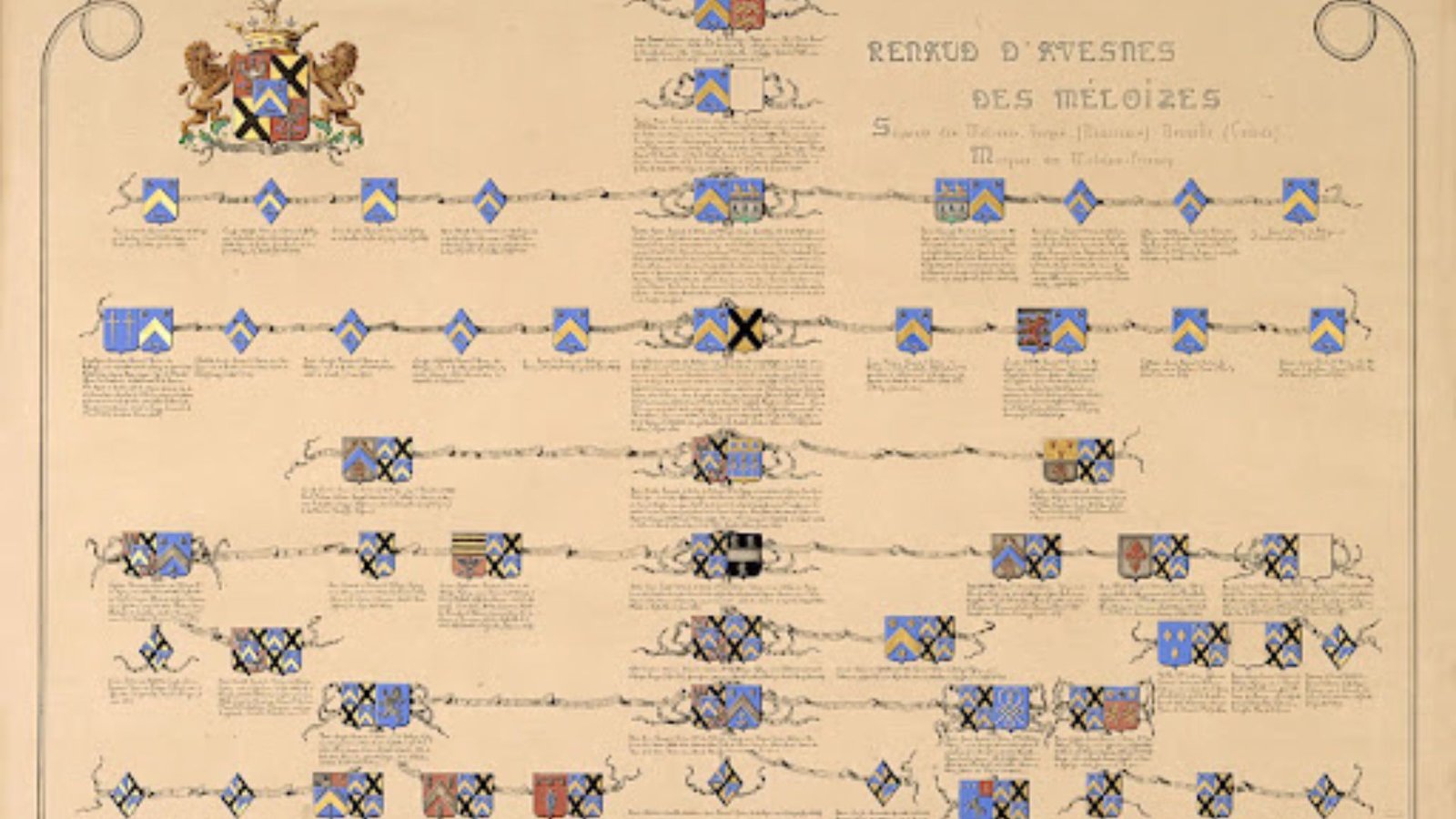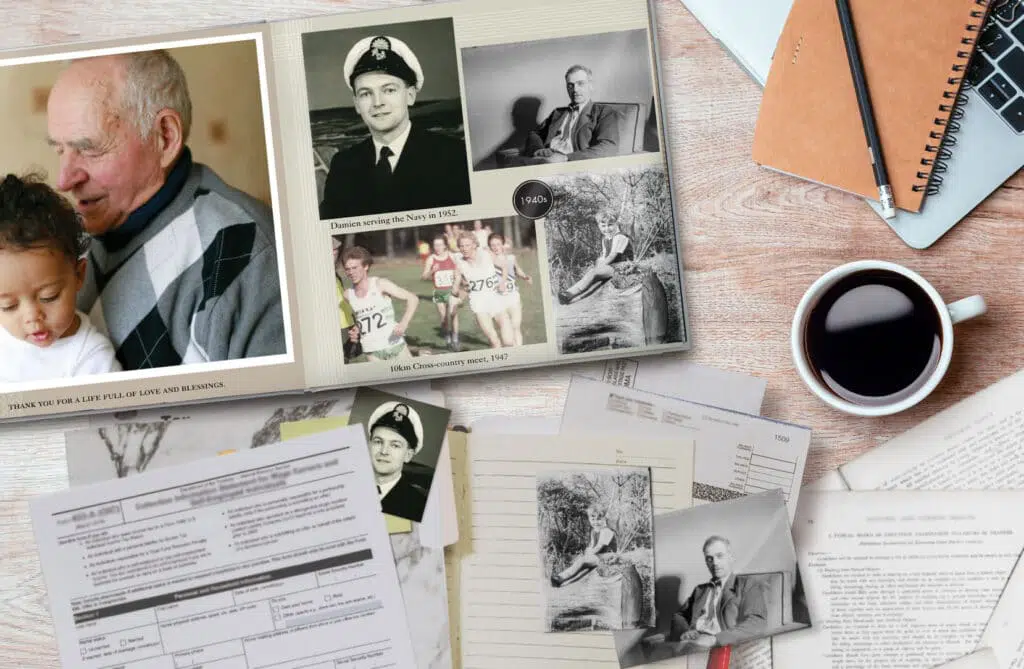Tracing regional ancestry with genealogical dictionaries is a valuable method for uncovering your family history. These dictionaries can provide important insights into the names, places, and historical context of your ancestors. Understanding how to effectively use these resources will enhance your genealogical research and help you piece together your family story.
Understanding Genealogical Dictionaries
Genealogical dictionaries are specialized reference books that provide detailed information about surnames, places, and regions. They often include definitions, origins, and historical context for each entry. By using these dictionaries, you can gain a deeper understanding of the names in your family tree and the regions from which your ancestors came. This information is crucial for tracing regional ancestry with genealogical dictionaries.

Finding the Right Dictionary
There are many genealogical dictionaries available, both in print and online. When searching for the right one, consider your specific needs. Some dictionaries focus on surnames, while others concentrate on geographic locations. For example, if you’re interested in understanding the origins of your last name, look for a surname dictionary. On the other hand, if you want to learn about a specific region where your ancestors lived, choose a dictionary that focuses on that area.
Advanced Tools for Genealogical Research
Leveraging powerful software to process complex GEDCOM files is essential for any serious genealogist looking to visualize their family history accurately.
For those seeking other structured online platforms with dedicated entry points, consider visiting the Wolfwinner Portal.
Using Dictionaries to Trace Names
When tracing regional ancestry with genealogical dictionaries, start by looking up your family surnames. Many dictionaries provide detailed information about the origin and meaning of last names. This can help you understand your family’s history better.
For instance, if you find that your surname has roots in a specific region or country, it can guide your research. Knowing where your ancestors likely lived allows you to focus on those geographic areas when searching for records. Additionally, some dictionaries may provide historical events or notable individuals associated with a surname, which can enrich your family narrative.
Balancing Research with Personal Leisure
The meticulous process of tracing lineage and documenting family history requires focus and dedication, often demanding a great deal of time and mental effort. When you pause your genealogical research for a necessary break, you can find engaging personal entertainment in the digital Wolfwinner Portal.
Exploring Geographic Regions
In addition to tracing names, genealogical dictionaries often include sections dedicated to geographic regions. This information can help you understand the history and demographics of the areas where your ancestors lived.
When you look up a specific region, pay attention to details like historical changes in borders, migrations, and cultural influences. Understanding the context of these areas can provide insights into your family’s movements over time. This background is essential for tracing regional ancestry with genealogical dictionaries.
Connecting with Historical Context
Genealogical dictionaries can also provide historical context for your research. Knowing the historical events that occurred in your ancestors’ regions can help you understand their lives better. For example, if you discover that your ancestors lived in an area affected by war or migration, it may explain why they moved or changed their names.
By connecting your family’s history to larger historical events, you create a more comprehensive picture of your ancestry. This information is vital for tracing regional ancestry with genealogical dictionaries, as it helps you understand the challenges and opportunities your ancestors faced.
Utilizing Online Resources
Today, many genealogical dictionaries are available online, making it easier to access information. Websites often feature searchable databases that allow you to find relevant entries quickly. Additionally, online dictionaries may provide updated information and resources that print editions might not include.
When using online resources, ensure that you verify the credibility of the website. Trusted genealogy websites often provide citations and links to primary sources, which can further support your research.
Combining Dictionaries with Other Resources
While genealogical dictionaries are powerful tools, they work best when combined with other resources. Use them alongside census records, birth and death certificates, and historical maps. This approach will give you a well-rounded understanding of your family’s history.
For example, if you find a surname in a dictionary, cross-reference it with census records to track your ancestors’ movements and family structure. By piecing together information from multiple sources, you can create a clearer picture of your ancestry.
Documenting Your Findings
As you research, make sure to document your findings clearly. Keeping detailed notes about the information you gather from genealogical dictionaries and other sources is essential. This practice will help you stay organized and make it easier to compile your family history later.
Consider creating a family tree or using genealogy software to keep track of your discoveries. Documentation not only helps you stay organized but also serves as a reference for others who may want to learn about your family’s history.
Overcoming Challenges in Research
Tracing regional ancestry can present challenges, such as name variations and incomplete records. However, genealogical dictionaries can help you navigate these obstacles. They often provide alternate spellings and variations of surnames, which can lead to successful searches in other records.
When faced with difficulties, don’t hesitate to return to your dictionaries for guidance. They can provide insights into common issues faced by genealogists and offer strategies for overcoming them.
Conclusion
Tracing regional ancestry with genealogical dictionaries is a rewarding journey. By understanding how to use these resources effectively, you can uncover valuable information about your family history. From identifying surnames to exploring geographic regions, genealogical dictionaries provide the tools needed to piece together your family’s story. So, take the time to dive into these dictionaries, and you may find the rich tapestry of your ancestry waiting to be discovered.










